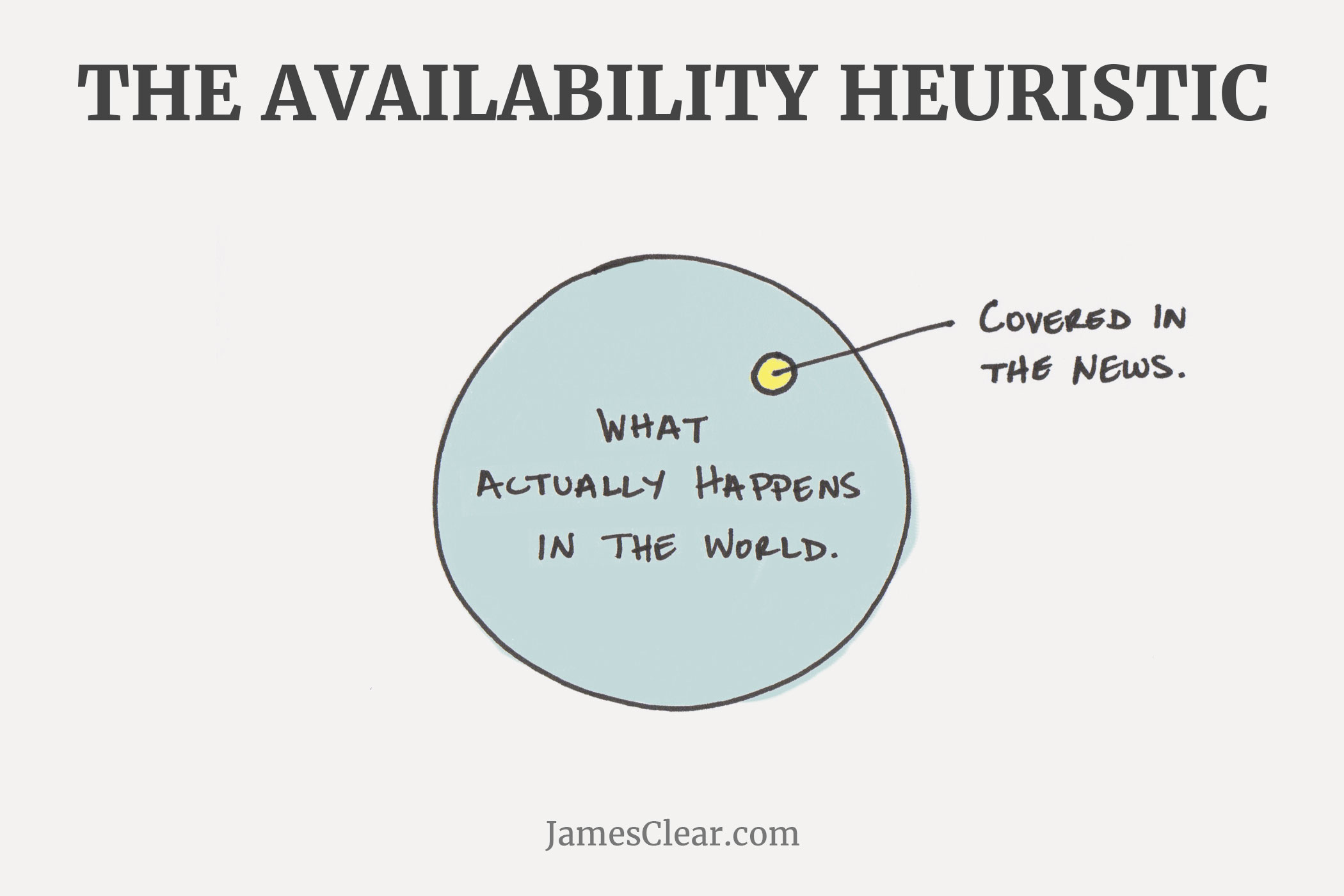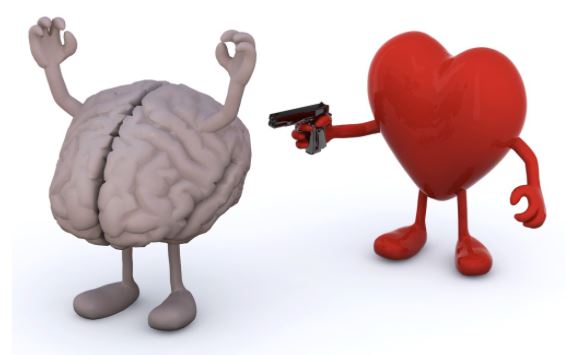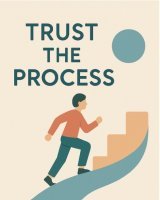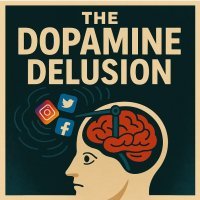Heuristics
Mental Short Cuts

Heuristics are mental shortcuts that enable you to make judgments and solve problems promptly and efficiently.
Heuristics are "rule-of-thumb" strategies that shorten your decision-making time and allow you to function without having to take the time to think around and through a potential decision.
Offset against these benefits are cognitive biases and distortions which will mislead you into reaching the wrong conclusion or at least a sub-optimal outcome.
There are many decisions that you make on a daily basis that benefit from the use of heuristics and are often based on analogy or "what has go before", "what we did last time" or "what they always do".
The
availability heuristic involves making decisions based upon your ease
and speed of recall of what you think are comparable situations or
example. The
distortion occurs when your brain mistakes the ease and speed of
recall for the frequency and likelihood of the situation occurring. For
example, I can recall visiting the US shortly after the 9/11 event and
many of friends and relatives I met at a family wedding in Boston were
surprised - and in some case astonished - that I was prepared to fly! Excessive
media coverage is a common cause of this happening where the media
overdrive and sensationalism of a dramatic or tragic event can cause
such events to become more available to your memory recall which in turn
leads you to wrongly conclude that the event or situation is more
common than in reality is the case.
The
representativeness heuristic involves making a decision by comparing the
present situation to the most representative mental prototype. In
other words we select the nearest "best fit" of a prior situation and,
disregarding the inherent assumptions in that selection, we reason by
analogy and make a present decision based on that past "best fit". So
for example, you may see someone dressed in a smart business suit who
presents themself well, and assume that he/she is an efficient competent
business person. Whereas in reality they may be a con-artist. Think of
the film "The Sting" with Paul Newman and Robert Redford.
The
affect heuristic involves making choices that are influenced by the your emotional state at the time of making the decision. This
is why it is never wise to make an important decision when you have
been drinking alcohol, or are tired, or feeling heavily stressed. Your emotional state can - and probably will - influence your decision-making process. Recommended Further Reading: Heuristics and Biases in Military Decision Making by Major Blair S. Williams, U.S. Army The Hidden Traps In Decision making - Harvard Business Review Return to: Cognitive Distortions3 Commonly Used Heuristics
1. Availability Heuristic

2. Representativeness Heuristic

3. Affect Heuristic

As
a personal example, I am very aware that my immediate response to being
asked to make a decision about something that I hadn't previously
considered, my initial response will invariably be negative. So knowing
this, I always defer making the decision until I have had 24-48 hours to
reflect. More often than not, my considered decision will be positive.
LATEST ARTICLES
Staying Committed When You Can't See Progress - The Psychology of Grit
 Uncertainty Is Not The Absence Of Progress, Only The Absence Of Reassurance. One of the most destabilising experiences in modern life is not failure, but uncertainty and staying committed when you can…
Uncertainty Is Not The Absence Of Progress, Only The Absence Of Reassurance. One of the most destabilising experiences in modern life is not failure, but uncertainty and staying committed when you can…The Battle For Your Mind - How To Win Inner Freedom In A Digital Age Of Distraction
 From External Events to Inner Events. We often think of “events” as things that happen out there: the traffic jam, the rude comment, the delayed email reply. But what truly shapes our experience is wh…
From External Events to Inner Events. We often think of “events” as things that happen out there: the traffic jam, the rude comment, the delayed email reply. But what truly shapes our experience is wh…How to See Your Thoughts Without Becoming the Story
 A Practical Guide to Thought-Awareness. You can spend your life inside the stories of your mind without ever learning how to see your thoughts clearly and objectively. Most of the stuff we tell oursel…
A Practical Guide to Thought-Awareness. You can spend your life inside the stories of your mind without ever learning how to see your thoughts clearly and objectively. Most of the stuff we tell oursel…The Collison Decision Matrix - A Simple Framework for Better Choices
 The Collison Decision Matrix Is A Practical Everyday Thinking Tool. Most of us spend a surprising amount of time worrying about decisions. From small ones such as what to wear, what to eat, what to te…
The Collison Decision Matrix Is A Practical Everyday Thinking Tool. Most of us spend a surprising amount of time worrying about decisions. From small ones such as what to wear, what to eat, what to te…The Power Of Asking The Right Question
 The Power Of Asking The Right Question Lies In The Quest For Insight. To experience the power of asking the right question you must develop the practice of asking questions. The best way to improve th…
The Power Of Asking The Right Question Lies In The Quest For Insight. To experience the power of asking the right question you must develop the practice of asking questions. The best way to improve th…Site Pathways
 Here is a site pathway to help new readers of Zen-Tools navigate the material on this site. Each pathway is based around one of the many key themes covered on this site and contain a 150 word introduc…
Here is a site pathway to help new readers of Zen-Tools navigate the material on this site. Each pathway is based around one of the many key themes covered on this site and contain a 150 word introduc…How To Live With Contradiction - Beyond Thought Let Stillness Speak
 A major impact on so many peoples' lives is the situational contradiction of unfilled realistic expectations. So where does all this leave us? Well here we are, with mental equipment that is more lim…
A major impact on so many peoples' lives is the situational contradiction of unfilled realistic expectations. So where does all this leave us? Well here we are, with mental equipment that is more lim…How To Trust The Process Of Mindfulness - Right Now
 In mindfulness, the process isn’t some distant goal — it's what is happening right now. When we talk about how to trust the process of mindfulness the credibility of the process is heavily dependent…
In mindfulness, the process isn’t some distant goal — it's what is happening right now. When we talk about how to trust the process of mindfulness the credibility of the process is heavily dependent…Inner Mastery For Outer Impact - Mental Clarity For Effective Action
 Insights only matter if they translate into consistent action. In a world crowded with quick fixes and motivational soundbites, the theme “Inner Mastery for Outer Impact” calls us to something more e…
Insights only matter if they translate into consistent action. In a world crowded with quick fixes and motivational soundbites, the theme “Inner Mastery for Outer Impact” calls us to something more e…The Wise Advocate - Helping You Achieve The Very Best Outcome
 The focus of your attention in critical moments of choice either builds or restricts your capacity for achieving the best outcome. When we talk of 'The Wise Advocate' its easy to think of the consigl…
The focus of your attention in critical moments of choice either builds or restricts your capacity for achieving the best outcome. When we talk of 'The Wise Advocate' its easy to think of the consigl…Trust The Process - Beyond The Cliche
 The phrase "trust the process" has become a cliche, the woo-woo mantra of the "self help" industry. Those three little words feel like they ought to mean something useful but hidden behind them are a…
The phrase "trust the process" has become a cliche, the woo-woo mantra of the "self help" industry. Those three little words feel like they ought to mean something useful but hidden behind them are a…The Dopamine Delusion - Why Anticipation Beats Achievement
 The thrill we feel is not in the having, but in the wanting. The more we have, the more we want. The more things we acquire and the easier things get for us, the more discontent we feel. The more spo…
The thrill we feel is not in the having, but in the wanting. The more we have, the more we want. The more things we acquire and the easier things get for us, the more discontent we feel. The more spo…